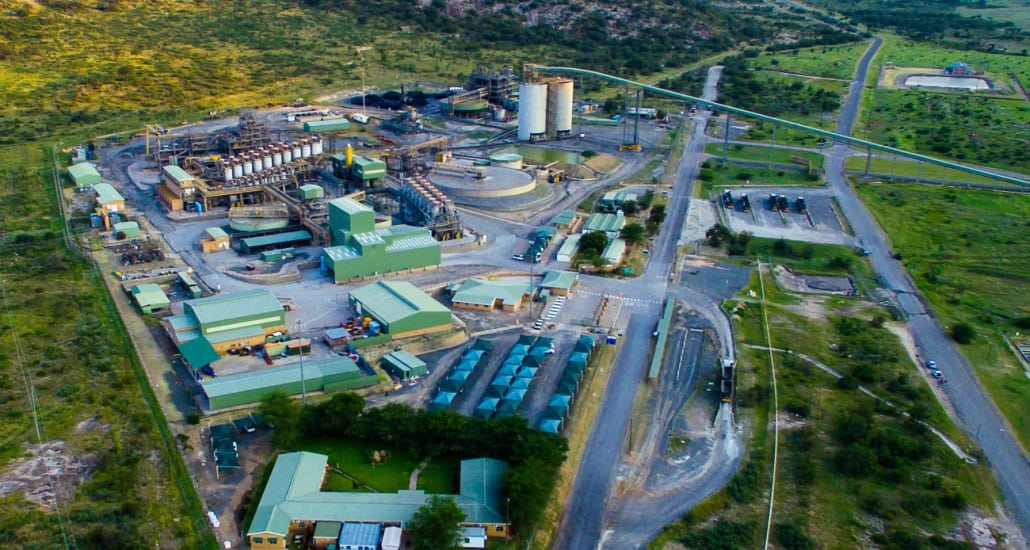• Platinum Mining. Photo: Wikimedia Commons.
A decision handed down at the beginning of May by the Johannesburg labour court will force the Department of Mineral Resources (DMR) to consult mining-affected communities on issues that affect them.
The matter related specifically to new amendments to the Mineral and Petroleum Resources Development Act, published by the DMR on the first day of the Covid-19 national lockdown without proper consultations with mining-affected communities and mine workers.
The court ordered the department to meaningfully engage with the relevant trade unions, including the Association of Mineworkers and Construction Union (AMCU) – the applicant in the case – as well as the minerals council, relevant employer organisations, Mining Affected Communities United in Action (MACUA), and “such other interested persons as the department may determine regarding the content of the guidelines”.
AMCU and MACUA launched the court action against the department after jointly starting an advocacy campaign around the amendments. The chief inspector of mining was the second respondent, the minister of Co-Operative Governance and Traditional Affairs was the third respondent and the Minerals Council South Africa was the fourth respondent in the court action.
Civil society organisations (CSOs) which represented the mining-affected communities in the litigation process said they welcome the court’s decision.
MACUA and Women Affected by Mining United in Action (WAMUA) said in a statement that the judgment affirms the rights of mining-affected communities, especially during the national Covid-19 lockdown.
According to MACUA and WAMUA, the department has consistently excluded communities from participating in the decisions that directly affect them.
“But we are pleased that the court has affirmed our constitutional right to be recognised as interested and affected parties that must be “meaningfully engaged.”
“This deeply undemocratic bent of the department has been consistently rejected by the courts and MACUA and WAMUA are currently considering our legal options should the department continue to exclude mining-affected communities and act in an authoritarian manner towards them,” said the CSOs.
Corruption Watch welcomes the court’s decision
Since Corruption Watch (CW) was established in 2012, the organisation has been empowering mining-affected communities by sharing vital information and assisting with challenges.
CW’s legal researcher Mashudu Masutha said the court’s judgment was an important victory for mining-affected communities and for civil society organisations advocating for recognition of the most affected groups participation rights.
“While the South African government during this pandemic has focused on the protection of lives and protection of livelihoods, the reality is that in order to do that effectively and ensure that communities – particularly mining-affected communities – access the socio-economic benefits, those most affected have to be consulted,” Masutha said.
She said mining companies should consider how they will conduct their operations during the pandemic.
“They should make considerations of health, hygiene, and basic services. This judgment confirms that it cannot be done to the exclusion of those housing the operations.”
Masutha said the judgment displays the unfortunate state of affairs in South Africa, adding that it also shows that the most marginalised groups of people can only receive recognition of their constitutionally protected rights through court processes.

